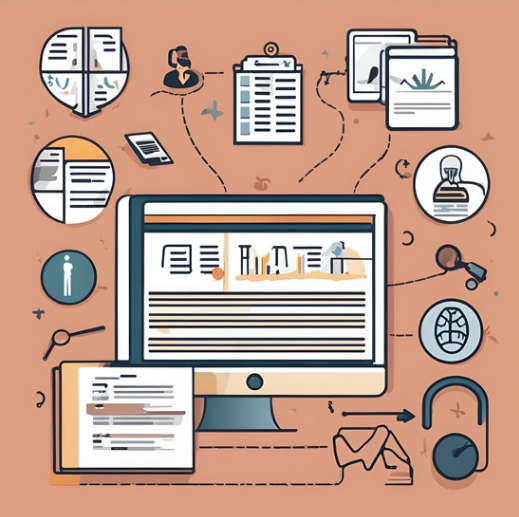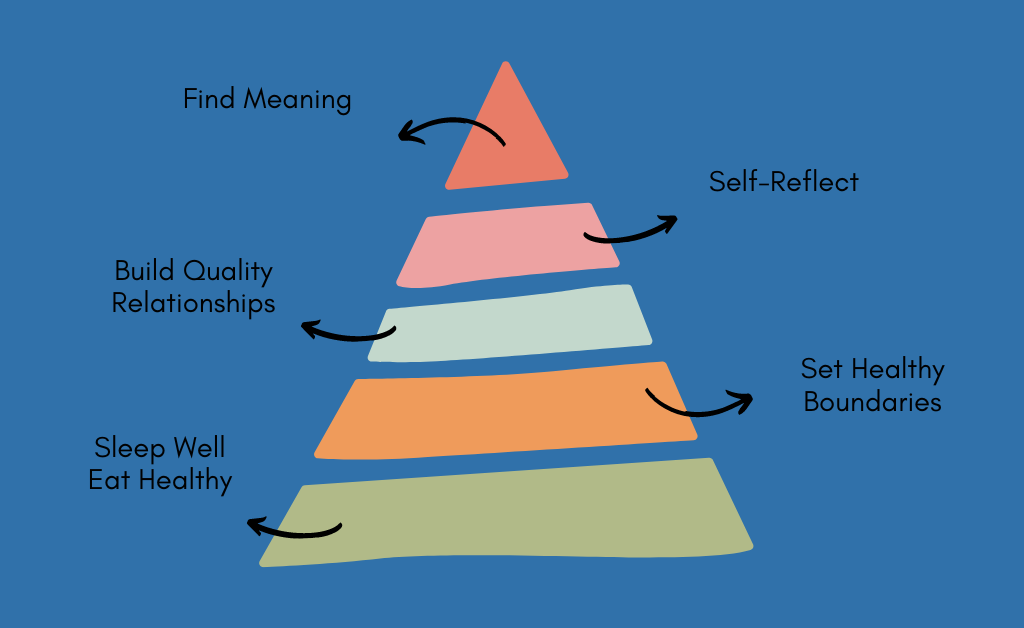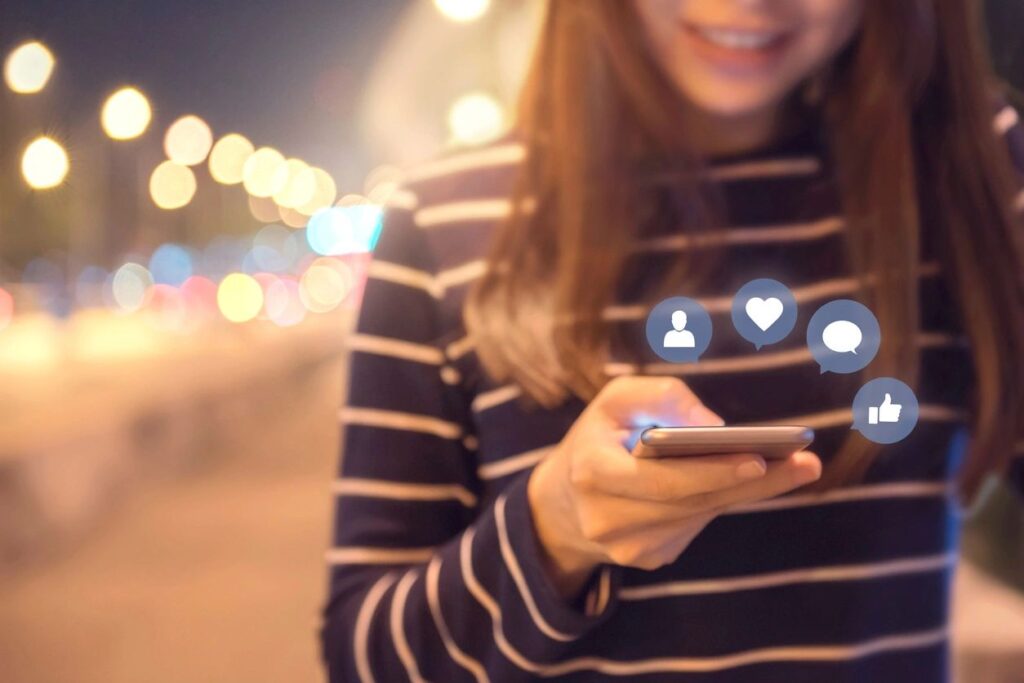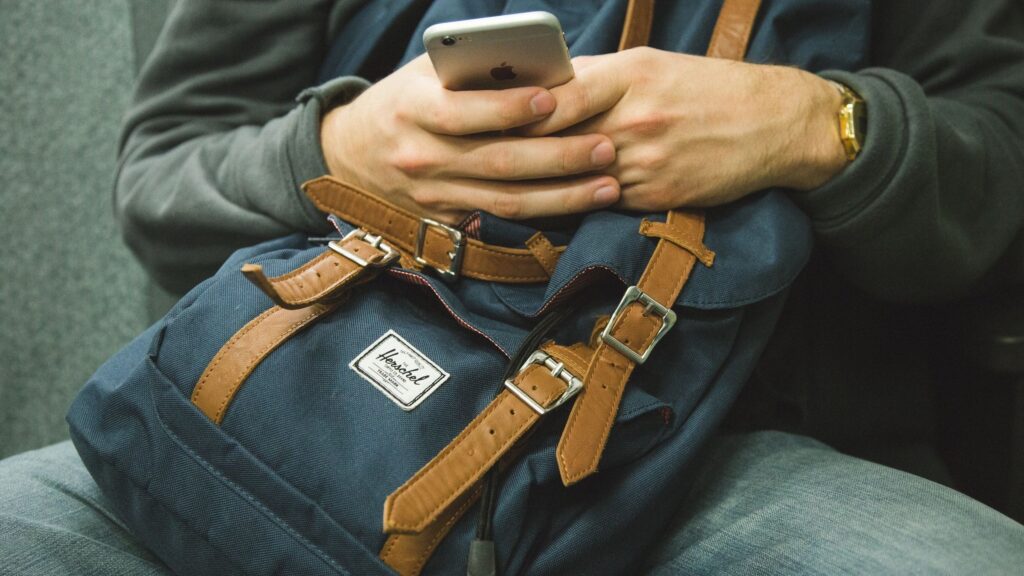Media Psychology & Technology
Telehealth is Transforming the Therapeutic Landscape
Mental health care is undergoing a transformation, with telehealth becoming an essential part of the therapeutic toolkit. The Monitor on Psychology (October 2024) highlights this shift, noting that while the use of audio-only telehealth services has declined since its peak during the COVID-19 pandemic, nearly 50% of psychologists continue to use it as a tool…
Read MorePsychology, Mental Health, and Well-Being Handouts, Worksheets, and Infographics
ADDRESSING 3D WorksheetThe ADDRESSING Model, developed by Pamela Hays, helps people understand important social identities and how they influence us. This worksheet focuses on identifying how various cultural and social identities influence us in three dimensions – our sense of self, how …Read more
Read MoreModernizing Maslow’s Hierarchy through the Lens of Self-Care
Abraham Maslow (1908-1970) is one of the founders of Humanistic Psychology. Along with Carl Rogers (1902-1987), Maslow stressed the importance of looking at the whole person rather than reducing individuals to a list of symptoms or diagnoses. Both also placed a central focus on the concept of self-actualization, or the belief that humans possess an…
Read MoreAmerican Psychological Association Publishes Guidelines on Social Media Use for Children and Adolescents
Social media, like any technology, is neither inherently good nor bad. Its value lies in how we choose to use it. To encourage the positive use of social media and discourage harmful practices among children and adolescents, the American Psychological Association (APA), an organization with 146,000 members, has published a series of recommendations and advisories…
Read MoreMedia Literacy and Modern Technology
Media Psychology Technology, including social and other forms of media, is often considered neutral – its value is determined by how we use it (see Social Media is Related to Both Ill-Being and Well-Being). Finding a social group online that understands you can be a positive, life-changing, and even life-saving experience. However, becoming consumed with…
Read MoreDoomscrolling: The Ultimate Negative Flow State and Four Ways to Counter It
First, A Little Psychology I’ve written before about social media use and how it can be both helpful and harmful. The article, Is Social Media Reflecting Our Pathology or Adding to It?, concluded that social media does both. The trick to making social media a positive experience is understanding how their algorithms work. The first…
Read MoreIs Social Media Reflecting Our Pathology or Adding to It?
Social Media and Mental Health Social media has become an open forum for discussing and sharing stories about mental health. For many, this has been positive, perhaps even a lifesaving, as it helps people connect with others who have similar experiences and find places where one does not feel alone. According to an article in…
Read MoreSocial Media Use is Related to Both Ill-Being and Well-Being
Social media use and mental health seems to have a love/hate relationship. Brailovskaia and Margraf (2016) conducted a large study comparing users and non-users of Facebook on various mental health variables. While they found that users were significantly more likely to score higher on scales of narcissism, they also scored higher on extroversion and self-esteem.…
Read MoreSocial Media and Self-Esteem
A recent article published in Science Direct looked at the association between social media use and mental health among adolescents. The impact of social media on mental health is certainly not a new topic. Neil Petersen wrote about envy as a mediator of mental illness among social network users, how social media affects life satisfaction…
Read MoreTherapy Can Be as Effective Online as In Person
From Zoom happy hours to remote learning, one thing most of us have discovered this year is that doing something “virtually” isn’t always as good as the real, in-person thing. But does that hold true for therapy? Even before the pandemic, psychology researchers were interested in the potential of online interventions given the convenience and…
Read More









